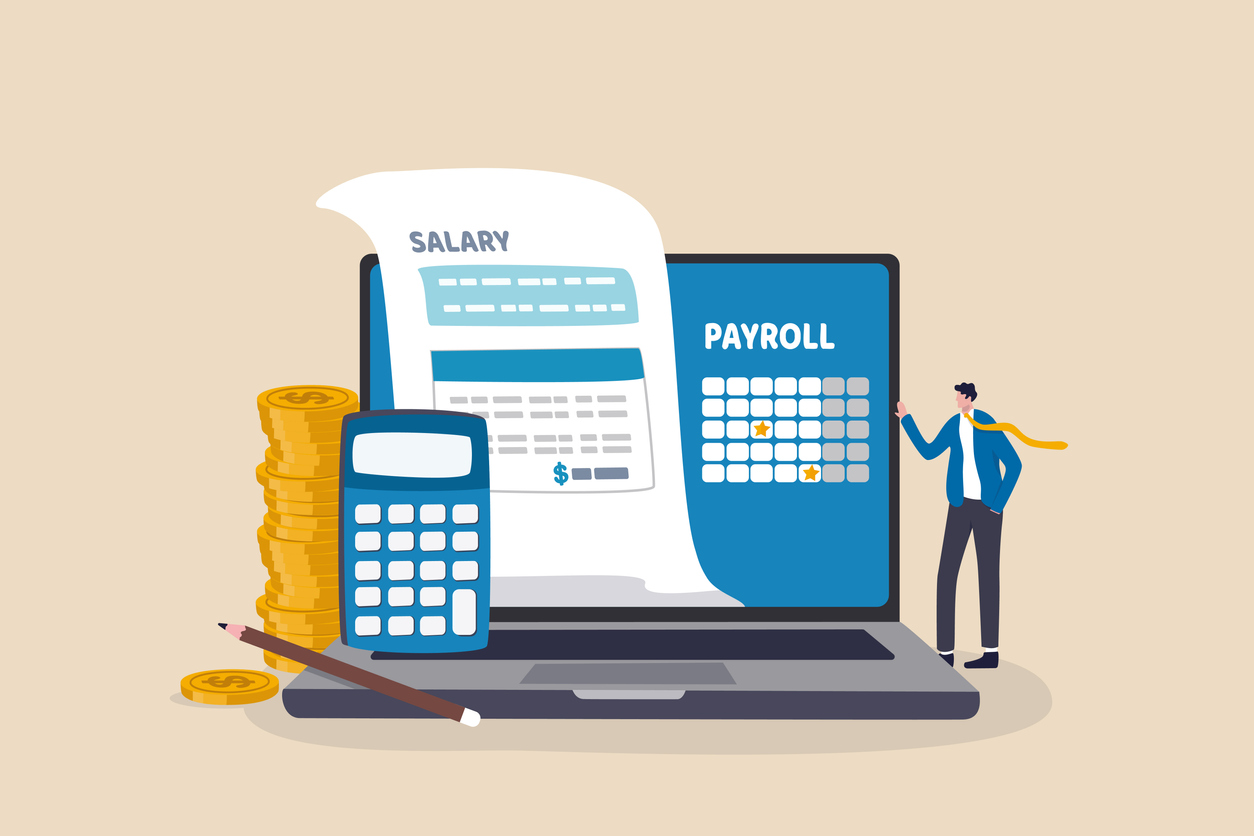Managing payroll can be challenging for any business owner, but it is necessary for operating a profitable enterprise.
As a small business owner, you may not have the luxury of a dedicated human resources or payroll department. However, there are some things you can do to make managing your small business payroll easier. Here are five tips to help you get started:
#1 - Choose the Right Payroll Software
Payroll software can manage taxes, deductions, time tracking, and employee information. The right software should be user-friendly and integrate with other programs such as HR and accounting. You should also ensure your chosen system complies with all applicable laws and regulations. Research software options available to determine which one is best for your business.
#2 - Process Payroll on Time
Late or delayed payments can cause employees to become frustrated and demoralized, leading them to look for other employment opportunities. To ensure that payroll is processed efficiently and on time, create a timeline and follow it. For instance, you may run payroll every two weeks or every month. Keep an organized records system in case you need to refer back to them.
You should also set up reminders for when payments are due so that everything is handled on time. Additionally, review the payroll process regularly to identify any issues and make changes as necessary. Have someone else review it to ensure all steps are followed correctly, and nothing is missed.
#3 - Understand the Law
As a business owner, you must understand federal, state, and local laws and comply with them. Keep track of changes in federal and state tax laws and other payroll-related requirements. A good way to do this is to check for updates on the IRS website or subscribe to newsletters from professional organizations.
If your state requires you to produce pay stubs, numerous software programs are available that enable you to generate them efficiently. Giving your employees official pay stubs helps reduce fake pay stubs being created and submitted. It is also vital to consult with a payroll or tax professional to make sure you comply with all applicable laws. An experienced professional can help you avoid penalties and costly mistakes.
#4 - Review and Approve Before Distributing Checks
Reviewing and approving payroll before distributing checks or direct deposits to employees will help ensure that all hours worked were captured accurately and that the correct amount was paid. Not only will this save time in correcting errors later, but it also serves an important role in maintaining positive relationships with your team. No one wants to receive an incorrect payment that could have been rectified with a few reviews ahead of time.
#5 - Keep Your Data Secure
Ensure that your payroll system has strong encryption and a reliable backup system to protect your data from hackers or other malicious threats. Have a policy for data protection, and ensure all employees are aware of it and comply with it. Conduct regular audits to verify that data is properly managed and stored securely.
Payroll management can be a challenging and stressful task for any small business owner, but it doesn't have to be impossible. By following these five tips, you can make managing your small business payroll a breeze.











